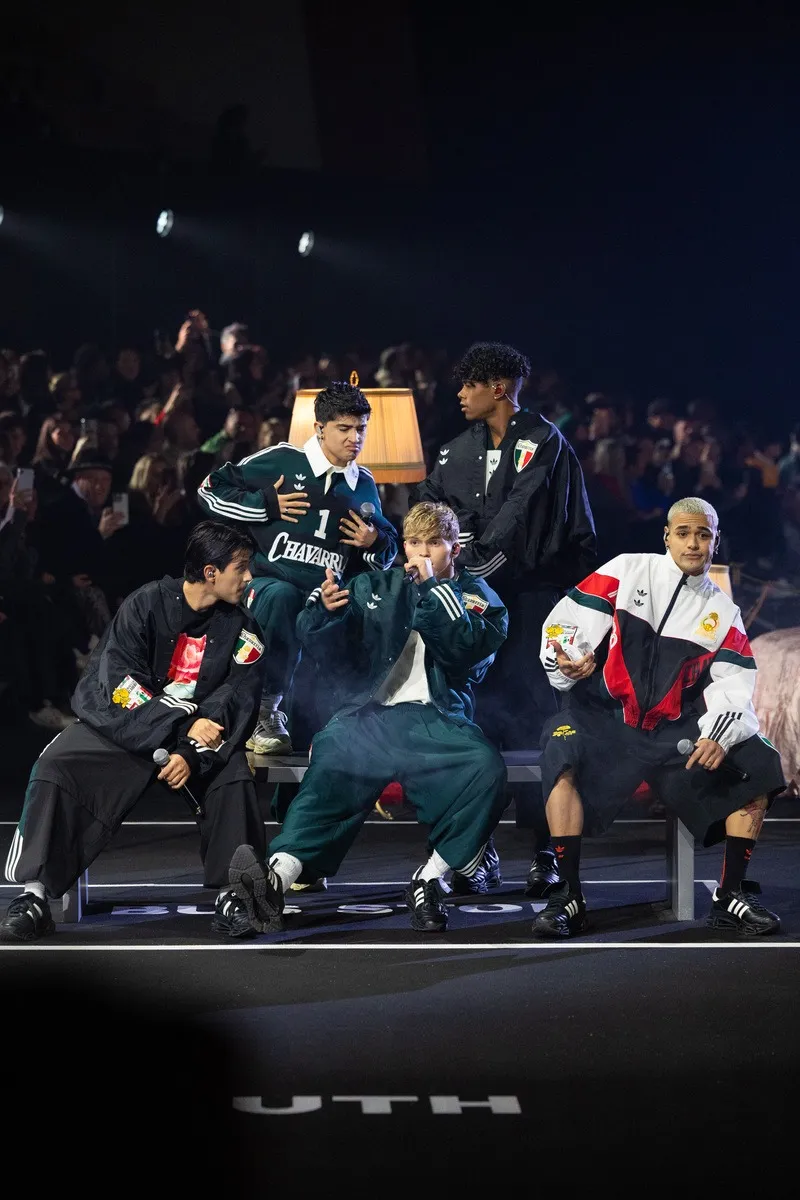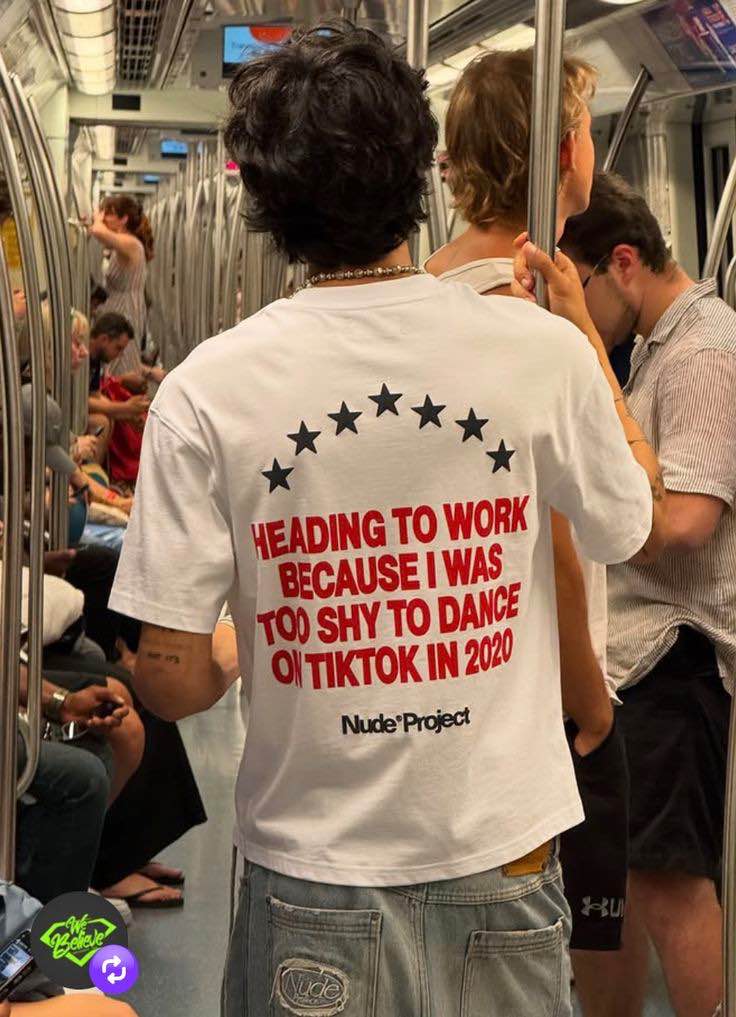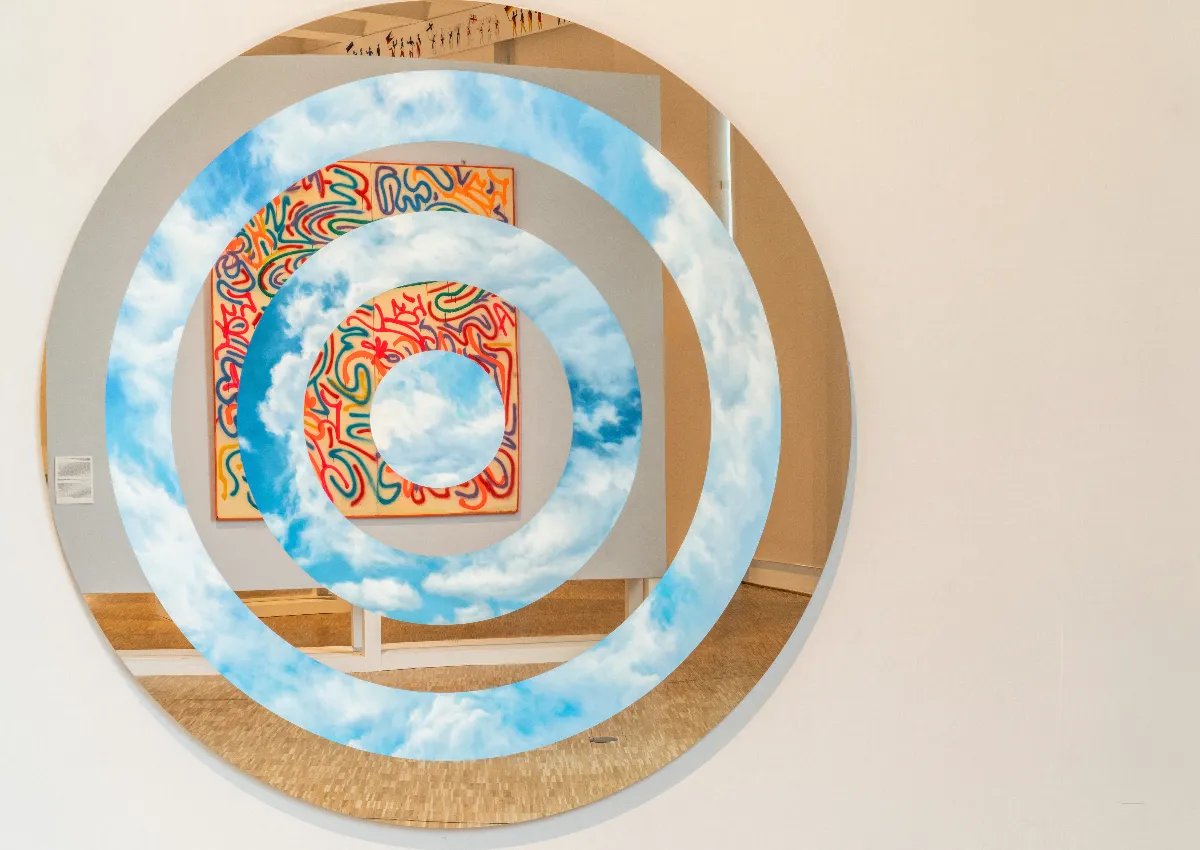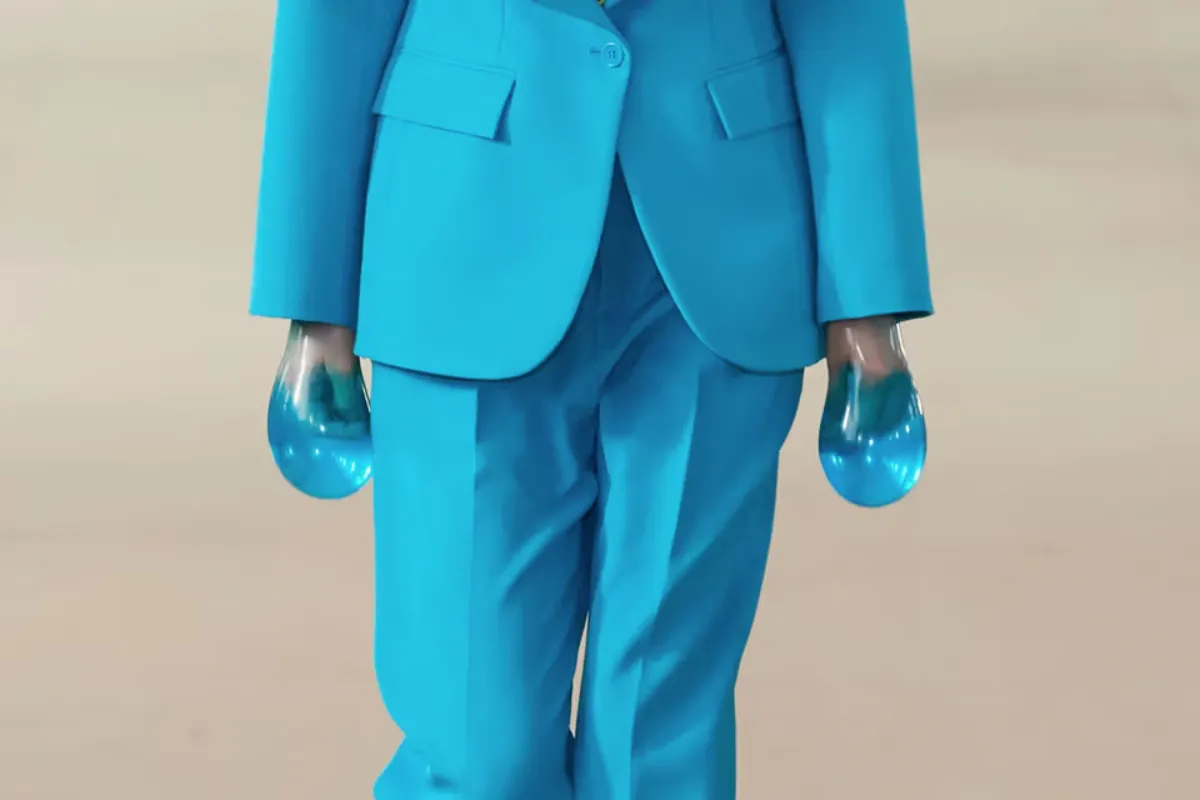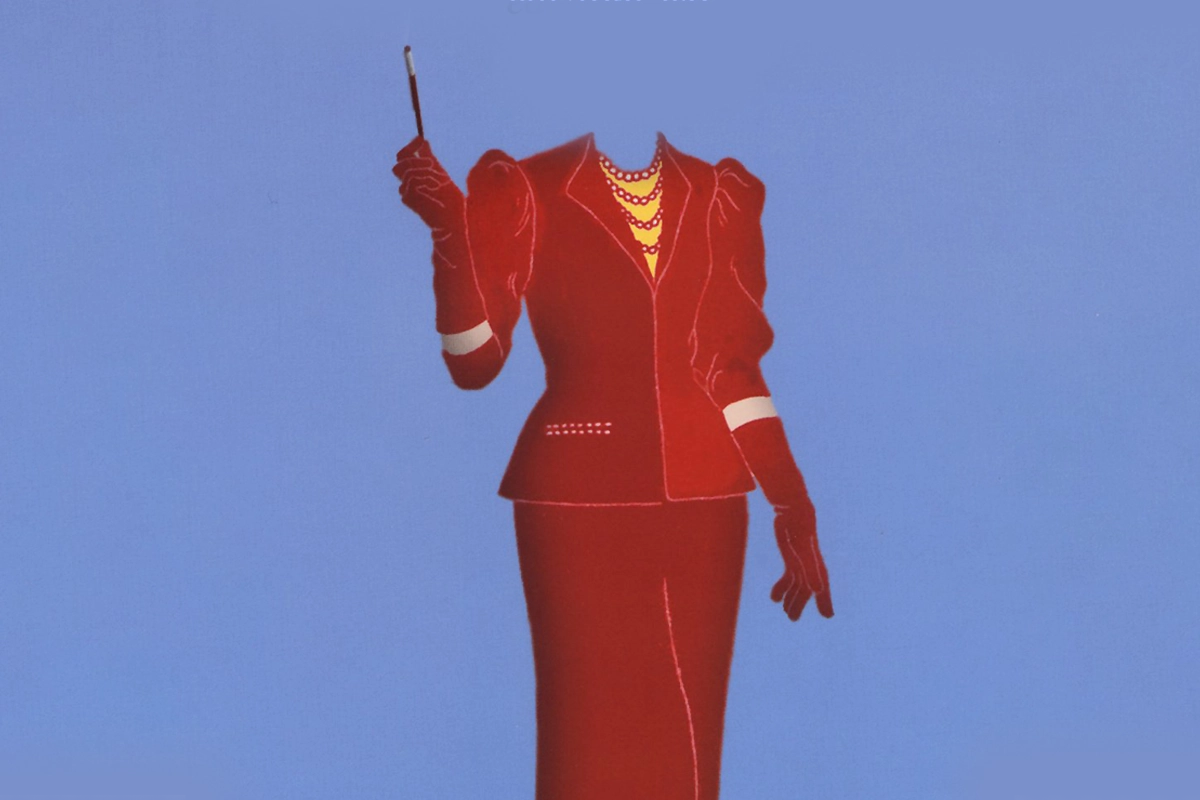
We Are Wandering Stray Dogs: Eva Ferri and Edizioni E/O
Interview with Eva Ferri, Editorial Director and Heir of Edizioni E/O: Independence in Publishing, the Publishing Situation, the Case and Success of My Brilliant Friend
Publishing is an industry and as such must be profitable, but publishing is also culture. A cultural attitude does not always coincide with a profit strategy. Eva Ferri is the editorial director and heir of Edizioni E/O in Italy, and of Europa Editions in the US and UK: in this flowing conversation/interview with the editor of Lampoon, she talks about the publishing situation, international risks, roughness, and independence.
Eva Ferri was Born in 1988: Eastern Europe, Cultural Optimism, Tatà by Valérie Perrin, Two Hundred Thousand Copies
Eva Ferri: “As soon as I had basic bodily functions, my parents started making me work, preparing packages.”
Carlo Mazzoni: “Would you do today in two thousand and twenty-four what your parents did in seventy-nine?”
Eva Ferri: “Open a publishing house specialized in Eastern Europe?”
CM: “One could say that publishing experienced a bubble during the pandemic when staying at home seemed an opportunity to read.”
Eva Ferri: “Today we have surpassed the crest. I have a long-term cultural optimism but publishing is a declining sector. Old structures, too much conformism: I’m not talking about editorial choices, but about how the people who work here are chosen, how they are paid.”
CM: “In December 2024 you are first in the charts with Tatà by Valérie Perrin.”
Eva Ferri: “We printed and distributed about two hundred thousand copies. Enormous volumes, your legs shake. The work of the publisher is to feel if a book has succeeded and therefore support it. No one knows how many copies you will sell, but that’s not the point. In other cases, strong authors but the book less so, in our opinion: we tried to contain initial orders because the rebound effect of disappointed readers is scary.”
Interview with Eva Ferri: Marketing and Times Square, Self-Publishing, Abnormal Ego, and a Kind of Infantilization
Eva Ferri: “Marketing hurts publishing. My father wrote fiery pages about marketing, says that marketing hates it, doesn’t believe in it. I also share this idea. We don’t have a marketing department. We proceed with sending to the press and others, little more.”
CM: “There are managers in publishing who talk about social media – an overexposure digitally, for publishing more than for other sectors, leads to a lowering of reputation.”
Eva Ferri: “Two of my friends work as advertisers for the mass market – billboards in Times Square, to give an idea of the range. They talk to me with a bit of reverence about the cultural sector of publishing, a small sector – but, they tell me, you shift people’s ideas.”
CM: “Publishing a book today, typographically, costs little.”
Eva Ferri: “Publishing houses release many books even weekly relying on the individual writer’s network. You send a thousand copies to print, the writer pushes a bit on his following, his network, his family, friends – and the book’s budget is made.”
CM: “If a big writer does it, what happens? Let’s take the case of Joel Dicker who opened his own publishing house: his self-publishing confounds the market.”
Eva Ferri: “Some writers have an abnormal ego. I was a little girl, authors published by my parents circulated in the house. I saw the sentimental dynamic that develops between authors and publishers: sometimes it seems like a relationship between lovers, sometimes like a relationship between father and son. A kind of infantilization: the book comes out and you are there and you cuddle the author. You don’t tell them what’s really happening because you’re afraid the author will get angry and publish with others. I was a child, authors were treated like me who was five years old. It was a writer who gave me a lesson on adjectives: he told me, when you add two, then you have to add another, then they start becoming five.”
Eva Ferri and Edizioni E/O: The Wandering Dogs and Independence: A Conversation Interview
CM: “A book is made by the writer and the publisher. If a writer thinks they can make the book without the publisher, there is a problem. The theme is authority. Being published with E/O means belonging to a context, which is not that of Adelphi, not that of Einaudi. How would you describe the E/O context?”
Eva Ferri: “The most difficult question in every interview. We are the stray dogs. A team of vagabonds. We don’t have the sophisticated profile of Adelphi, we don’t have the editorial consistency, the elegance of Sellerio. We don’t have the money that other publishers have. We have a political sensitivity. We made Eastern Europe books outside the diktats of propaganda; we opened Europa Editions in America, then in England where everyone said but who reads books that come from other countries. The last book I acquired is Rejection – it will be translated into Italy by Vincenzo Latronico. Many of us acquire books, in many languages. There’s my mother – we tease her – she then finds the books that are lucky. The bestseller hunter. She loves popular fiction.”
CM: “The cultural salon?”
Eva Ferri: “We’ve always been outside. Outside the circles of intellectuals, outside the circles of publishers. There are people we care about, with whom there is mutual respect – but you don’t enter the circle. Maybe also because we are in Rome and not in Milan.”
CM: “Corporate independence.”
Eva Ferri: “In terms of turnover, we have had fluctuations: peaks at twenty million to dropping below ten. We are a small publishing house. Over the years, I have had many conversations with my parents about what the future would be. I am an only child, we had to decide whether I would do this in life or not, we had to decide together. At the heart of this project is independence, I can’t imagine this publishing house without independence.”
Interview with Eva Ferri: The Success of Elena Ferrante
CM: “When you enter a large group, your way of working changes.”
Eva Ferri: “Within a group, a success like Elena Ferrante’s books would not have been possible. A manager would not have had the powers to take the risks that we took. Imprecisions, idiosyncrasies, in the name of efficiency or simplification which is the first process required in a large group. When La vita bugiarda degli adulti came out we had to study how to put the books on pallets. Those who think of publishing think of culture, while warehouse management and logistics are issues. We have twenty-five people working in the publishing house in Italy; five in London, five in New York. We have two restaurants, one in Rome and one in Maremma.”
Eva Ferri and the Publishing Group: Edizioni E/O, Europa Editions US in America and Europa Editions UK in England
CM: “Europa US was founded by your parents in 2005.”
Eva Ferri: “My father is from New York, born in the Bronx. River, wind, you go out the door and feel energy. The violence that exists in New York that doesn’t exist in Rome or Milan. After that, a hamburger costs sixty dollars, taking a quarter-hour by Uber is thirty-five, forty dollars. Europa was born at a time when my father realized that there was no space in the Italian market to grow. If we have to invest more money, how do we invest it? We go to America. In 2011 we then opened the English branch. With the Italian house, Edizioni E/O (founded in 1979), there are three distinct publishing houses in the three countries. We only have some books in common. It happens that a book is free only in one of the three countries, or we deem it appropriate to publish it in one country and not in the others.”
CM: “Local means international. A story rooted in a territory is relevant for everything. One says who cares about the province of Rovigo, but if what one is trying to say about the province of Rovigo is rooted in Rovigo, it becomes international. Or rather – take Naples, for Elena Ferrante.”
Eva Ferri: “The English are more skeptical than the Americans regarding translated literature. Fiction in translation suffers: it is considered material for sophisticated readers, for the elite who have studied at Cambridge, at Oxford. This is true both in America and in England – more so in England. A fatalism in England stronger than the American one – also because England is a poorer country, hence a more polarized publishing market. In England, my impression is that our work is harder than in America. In America, I have never felt a sense of deep distance as I have felt in England.”
CM: “The center of the cultural world remains Italy – but the English language is a moving language. Missteps become neologisms, they become ways of saying things.”
Eva Ferri, from Dating Apps to Japanese Feminism: Stray Dogs Without Fleas
Eva Ferri: “I am on dating apps. It seems that people prefer to sext in a second language, not in their first language. With the second language, it seems easier to dissociate, you have less of a sense of protection.”
CM: “In summary of this interview, what interests you?”
Eva Ferri: “The latest Italian authors are debuts of people who go through maladjustment during growth, in their habits: how can I remain in relation with society, be myself without getting sucked in, without talking only about myself but also doing something political? This is what interests me. Being active. Politically, socially, intellectually, emotionally, without getting sucked in by a system and remaining anti-system while questioning it, the system. This is something that interests me in literature, interests me among Italians, interests me among Japanese women.”
CM: “Feminism in Japan.”
Eva Ferri: “My criteria for Japanese books are different from those I have for Italian authors and those I have for Anglo-Saxon authors. Feminism in Japan is not like feminism in Europe, that is, they are Murata Sayaca, a writer who writes crazy things about cannibalism and incest. People who shout loudly. We are stray dogs. We just try to remove a few fleas from them.”
Carlo Mazzoni
In the image, a detail from the cover of L’amore Molesto by Elena Ferrante

